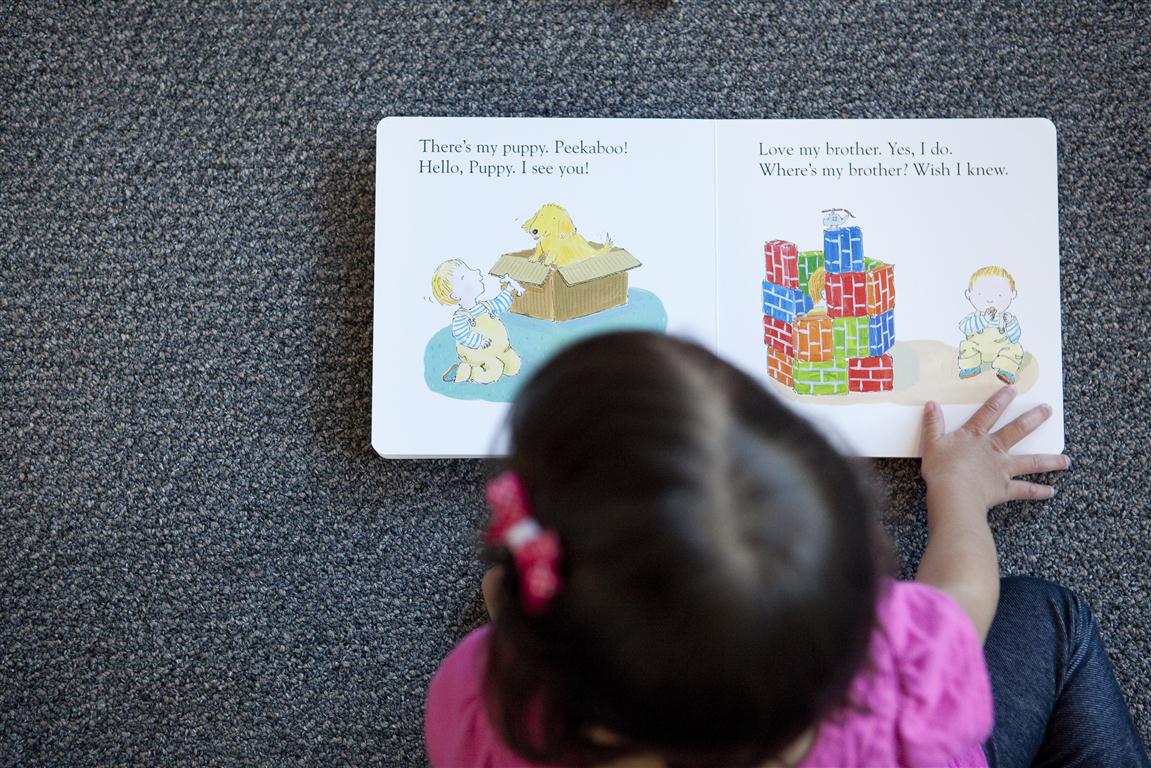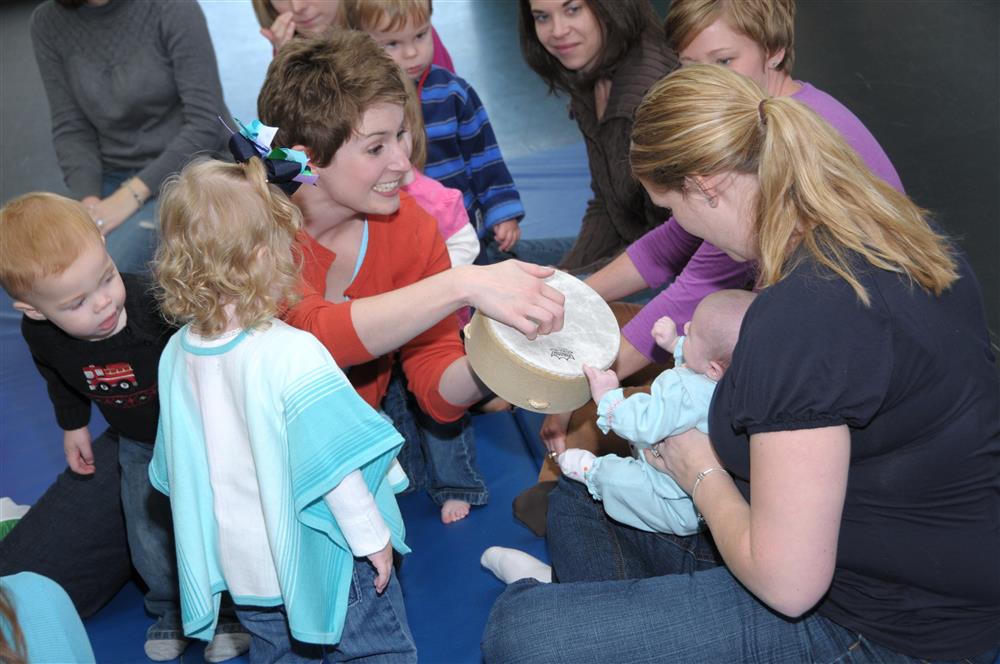Early childhood education is important, and Kindermusik International believes that you – the parent – are your child’s first and best teacher. But what to do with your child until he is 7 years old? We’d like to recommend Kindermusik classes!
9 ways Music Classes prepare your child for school
 Music classes in the early years that include parental involvement and focus on learning in a fun, developmentally appropriate way inspire a lifelong love for learning.
Music classes in the early years that include parental involvement and focus on learning in a fun, developmentally appropriate way inspire a lifelong love for learning.
Practice with steady beat, enjoying movement activities, and playing instruments help develop coordination and motor skills necessary for cutting with scissors, holding a pencil, or kicking a ball, for example.
Music classes that are teaching children rhymes and then later, the basics of beginning to read music pave the way to literacy.
Music classes give your child a place to practice those all-important social skills, like cooperatively play, sharing, and following directions.
The best music classes will encourage your child to think creatively, developing critical thinking skills and the ability to problem-solve.
In an environment where process, not performance, is stressed, music classes build self-confidence and a willingness to try new things.
Music classes that gradually increase a child’s independence at the class help the child more successfully transition to the school classroom.
In these classes, children have the opportunity to bond and interact with their teacher, learning to listen and respond to someone other than the special adults who surround them at home.
Science and research have proven time and time again that music positively impacts a child in all areas of development – social/emotional, language, cognitive, physical, and language/literacy.
 From music skills to life skills, it’s all there in Kindermusik, where music and learning play! Find a class near you and try a free Kindermusik class on us today.
From music skills to life skills, it’s all there in Kindermusik, where music and learning play! Find a class near you and try a free Kindermusik class on us today.
Written by Theresa Case, whose Kindermusik program at Piano Central Studios in Greenville, SC, is proudly among the top 1% of Kindermusik programs worldwide.






 Music classes in the early years that include parental involvement and focus on learning in a fun, developmentally appropriate way inspire a lifelong love for learning.
Music classes in the early years that include parental involvement and focus on learning in a fun, developmentally appropriate way inspire a lifelong love for learning.